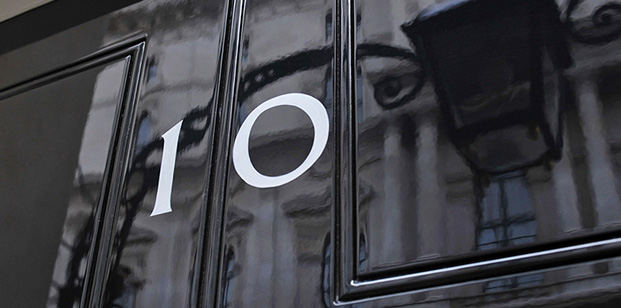Chancellor of the Exchequer Rachel Reeves’ Spring Statement included downgrades to growth forecasts, higher defence expenditure, and further cuts to welfare spending.
- The economy is predicted to grow by only 1% in 2025
- Inflation will average 3.2% this year
- Welfare spending experienced further cuts
Growth prospects halved: Chancellor of the Exchequer Rachel Reeves’ Spring Statement included downgrades to growth forecasts, higher defence expenditure , and further cuts to welfare spending. The economic growth forecast for this year was halved from 2% to 1%, after which the economy is predicted to grow by 1.9% in 2026, 1.8% in 2027, 1.7% in 2028, and 1.8% in 2029. The government will have a budget deficit of £36.1 billion in 2025-26, falling to £13.4 billion in 2026-27 and reaching a surplus of £9.9 billion by 2029-30. The Office for Budget Responsibility increased its inflation forecast for this year to 3.2%, after which inflation is expected to reach the government’s 2% target in 2027.
“For the economy to grow, businesses need to thrive” (British Chambers of Commerce)
Welfare spending cut; defence spending increased: having already announced a package of cuts to welfare spending, the government revealed additional measures. Reductions will include stricter qualifying criteria for the Personal Independence Payment (PIP) and a freeze on incapacity benefits. As part of the government’s plan to raise spending on defence to 2.5% of national income by 2027-28, defence spending in 2025-26 was raised by £2.2 billion. The increase will be funded in part by a reduction in overseas aid.
Tax-free saving: although the Chancellor did not mention any reforms to ISAs in her Spring Statement speech, documents released by the Treasury confirmed that the government is examining “options for reforms … that get the balance right between cash and equities.”
Reaction from business groups: the Institute for Fiscal Studies said that the Chancellor’s lack of fiscal headroom would fuel uncertainty around policy and warned: “There is a cost, both economic and political, to that uncertainty.” Elsewhere, the British Chambers of Commerce (BCC) commented: “The government must focus on reducing the cost pressures for businesses”. The BCC cited the impact of the impending increase in employers’ National Insurance contributions and US tariffs, warning: “For the economy to grow, businesses need to thrive.”









